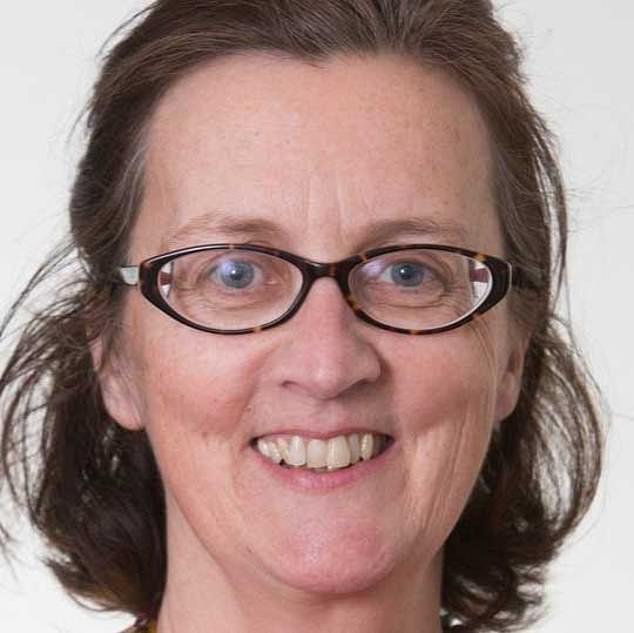A four day working week is set to become permanent at a Lib Dem-run council despite complaints from residents.
South Cambridgeshire district council carried out a two-year pilot to test the controversial plan and concluded it saved money without harming services.
Three universities monitored services during the first 27 months of the trial and said that nine out of 24 council services improved, 12 remained stable and three declined.
But a resident survey found only 45 per cent supported it and said refuse collection, council tax services and the customer contact centre had all become worse in that time.
The consultation response found that of the 13 services measured, nine got worse while four stayed the same, according to those who live in the area.
Those to suffer included bin collections, the communications service, licensing matters and environmental health.
A business survey found that of the ten services measured, one got worse, four stayed the same and five recorded no result. No increases in satisfaction for services were recorded.
Elliot Keck of the Taxpayers’ Alliance said the results were ‘devastating’ and the response of residents had been ‘brutal’.

Lib Dem-run South Cambridgeshire district council carried out a two-year pilot to test the controversial four-day week and concluded it saved money without harming services (Leader Ed Davey pictured)

Three universities monitored services during the first 27 months of the trial and said that nine out of 24 council services improved, 12 remained stable and three declined (Pictured: South Cambridgeshire council)
‘South Cambridgeshire council has nowhere to hide after this bruising consultation completely collapses its case for the four day week,’ he said.
‘Wheeling out yet another piece of propaganda masquerading as an independent report will fool no one, given the overwhelmingly negative response from residents and frosty reception from businesses.
‘Town hall bosses need to now face the music, apologise to local taxpayers and bring back the full-time council.’
Mr Keck criticised the ‘supposedly independent’ report compiled by the three universities after a previous report was found to have been edited by the council’s chief executive.
Heather Williams, leader of the Conservative opposition, said the new report actually showed that resident satisfaction had fallen in every area since the trial began.
‘This reaffirmed my view that this is not something we should be doing at the council. It’s incredibly unfair that council tax is going up year after year,’ she told the Mail.
‘Now it’s going up to fund council officers not to work a full week. Residents aren’t council – we are legally bound to pay our council tax.
‘This has to stop. Residents have had their say and we have to take what they say seriously.’

In 2023 it emerged that Liz Watts (pictured), the council’s chief executive, had helped to edit a supposedly independent report on the scheme
In 2023, the council became the first local authority to trial staff working 80per cent of their contracted hours for full pay as long as they maintained full productivity.
South Cambridgeshire has said it expects to save about £400,000 annually due to through lower staff turnover and relying less on agency workers.
It also reported a 120per cent increase in job applications and a 40per cent fall in staff turnover and said initial indications were positive.
A vote to make the move permanent is expected to pass on July 17 with fears more councils could follow suit.
It comes at a time when other public sector workers are under increasing pressure and council tax bills soar.
In 2023 it emerged that Liz Watts, the council’s chief executive, had helped to edit a supposedly independent report on the scheme.
It also emerged that she had been working on her PhD during the four-day week.
Len Shackleton, a research fellow at the Institute of Economic Affairs, a free market think tank, told the Times there were ‘clearly benefits’ if staff were happier and stayed in their jobs.
But he also questioned whether this was due to workers improving because they know they are under scrutiny.
And he warned that rolling out the policy more broadly may also have an inflationary effect as workers in sectors where a four-day week is impossible may demand pay rises to compensate.
‘If it works for South Cambridgeshire, good for them. But if this is used as a template for every council across the country, you might run into problems,’ he added.
Defending the policy, council leader Ms Smith said South Cambridgeshire was ‘now offering more stable services, with improved wellbeing and performance’.
She added: ‘At a time when national satisfaction with councils is falling, our data shows we’re bucking that trend.’












